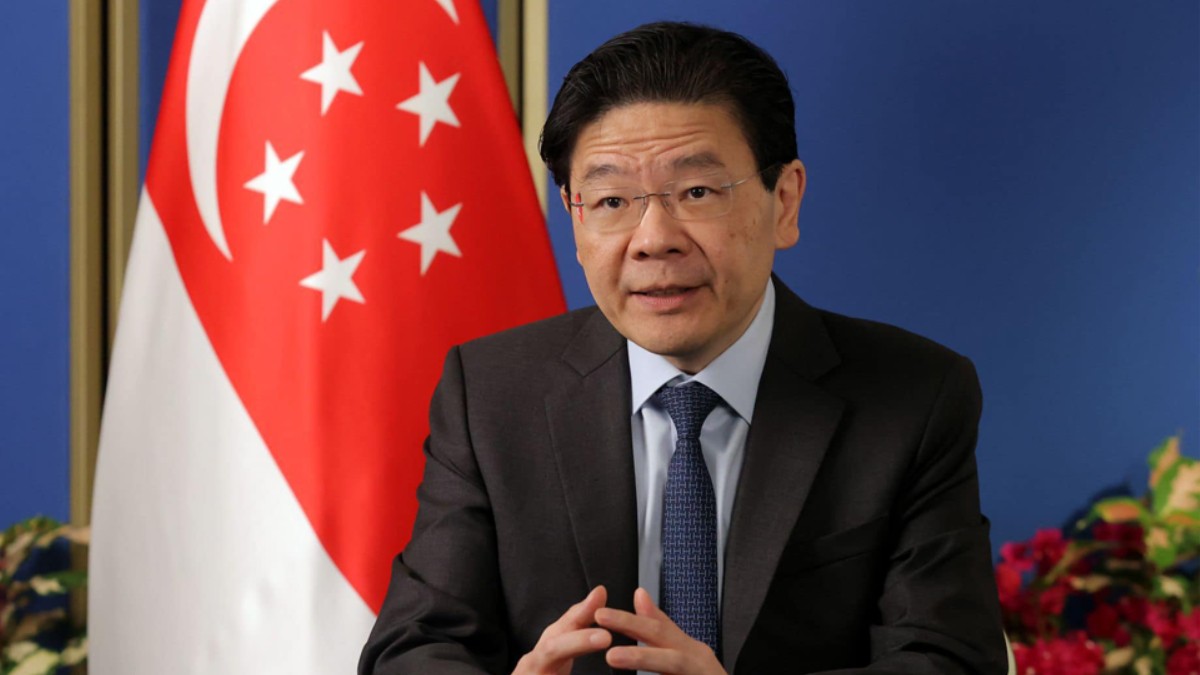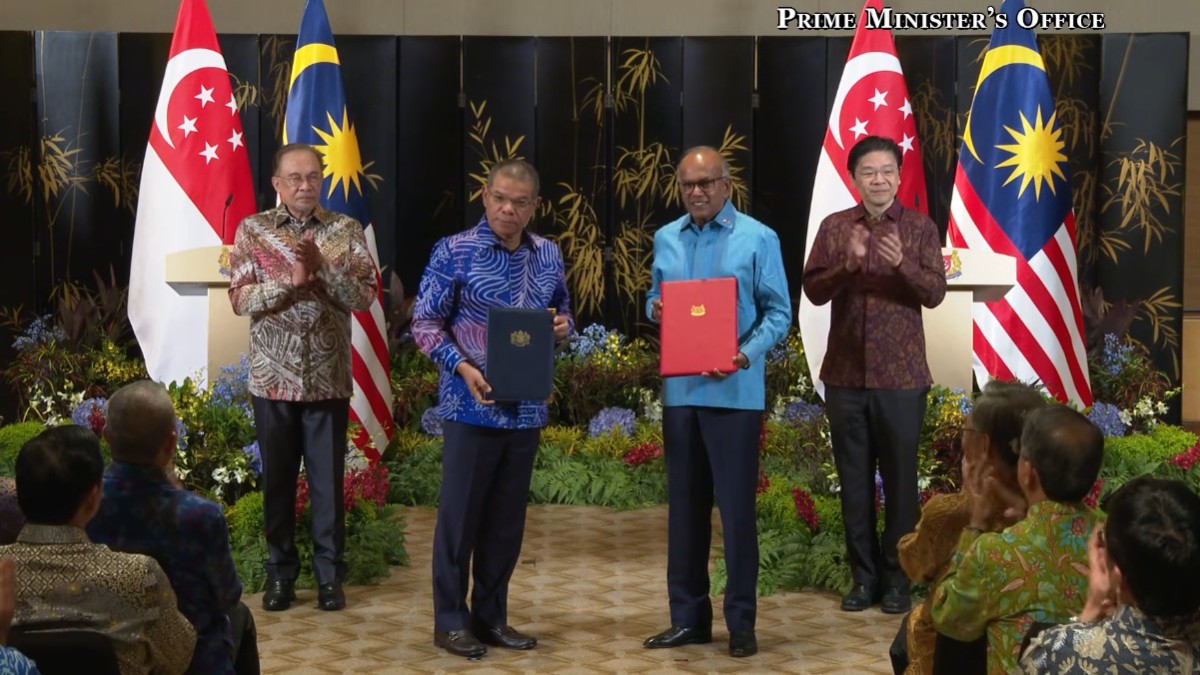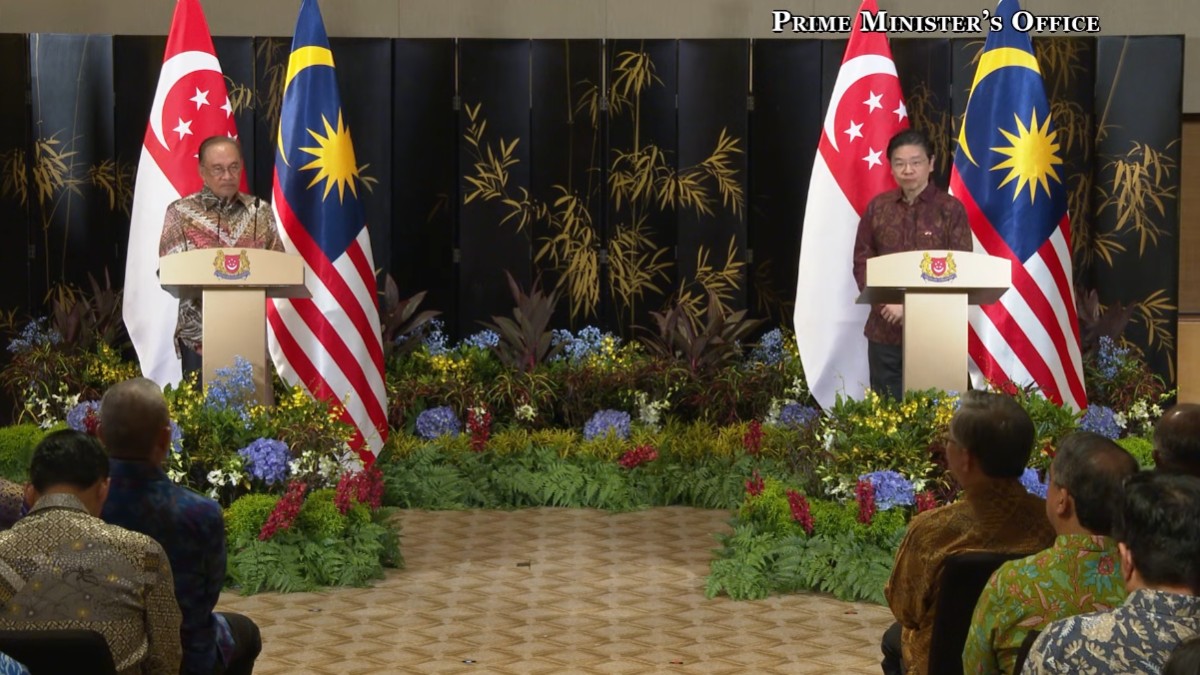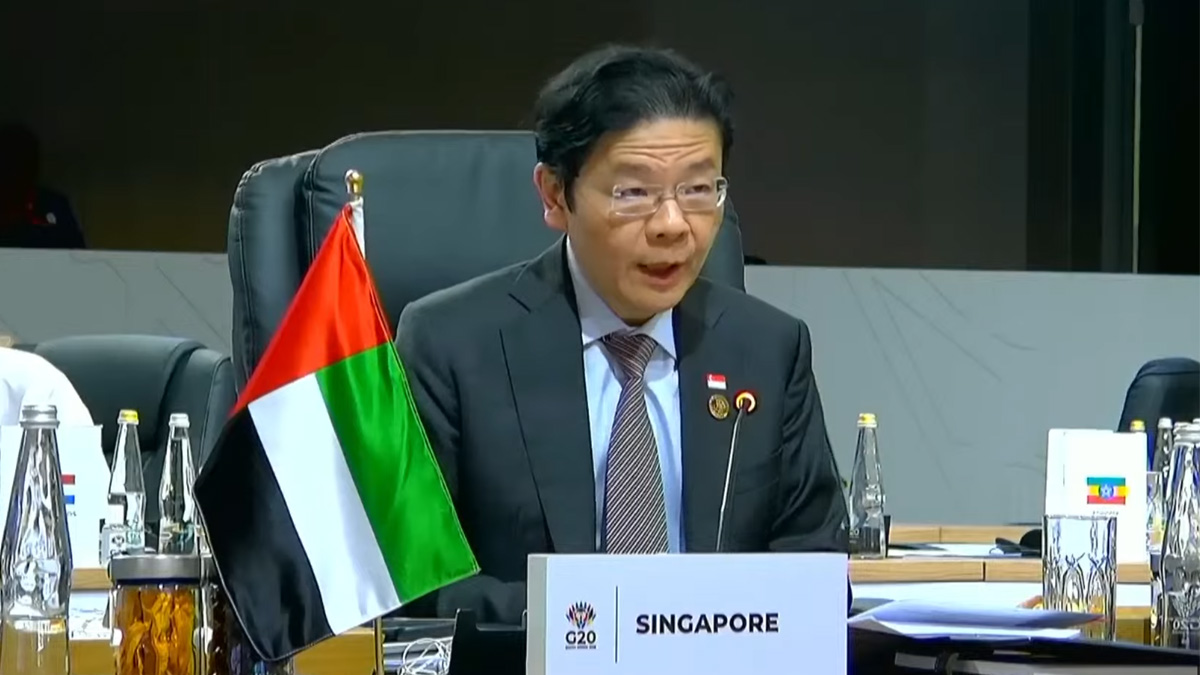PM Wong defends Singapore’s use of diverse policy levers beyond taxation to tackle inequality challenges
At the Bloomberg New Economy Forum on 19 November 2025, Prime Minister Lawrence Wong said Singapore will continue relying on a broad set of policy tools — including housing equity and Central Provident Fund top-ups — to address inequality, strengthen social mobility and maintain trust even as wealth flows increase.

- PM Wong highlighted housing equity and CPF top-ups as core tools for reducing inequality.
- He said Singapore welcomes wealth flows but enforces norms and laws strictly to preserve trust.
- He addressed energy options, regional geopolitics and Singapore’s long-term strategic posture.
Prime Minister Lawrence Wong said Singapore has a range of policy levers beyond taxation to address inequality, highlighting home ownership and Central Provident Fund schemes as enduring pillars of the country’s social compact.
He made these remarks during a conversation at the Bloomberg New Economy Forum’s gala dinner at Clifford Pier on 19 November 2025.
Bloomberg editor-in-chief John Micklethwait pointed out that public discussions about inequality in Singapore have become more frequent, despite improvements in the Gini coefficient in recent years.
Policy tools beyond taxation
Responding, PM Wong said it was important to recognise that Singapore’s approach to redistribution relied on more than conventional taxes.
He explained that public housing provided what he termed a “wealth injection” for Singaporeans, particularly for lower-income households.
When families purchase Housing and Development Board flats, they build equity over time, contributing to household net assets.
PM Wong noted that this ensured even the bottom 20 per cent of households possessed meaningful net wealth, largely due to Singapore’s home ownership model.
He added that periodic top-ups to the Central Provident Fund helped strengthen individual retirement security, especially for those with modest incomes.
Wealth flows and social norms
Micklethwait also asked about Singapore’s position as a financial hub, given the surge in global wealth flowing into the city-state and the rapid expansion of family offices.
He acknowledged that these inflows had brought affluent foreigners and investment managers to Singapore, generating employment and economic activity.
PM Wong said Singapore welcomed such investment, emphasising that family offices created jobs and opportunities for local talent.
According to him, most of these individuals were not citizens but managed funds from Singapore, contributing positively to the economy.
However, he acknowledged that ostentatious displays of wealth could create friction with the broader society.
"Sometimes it creates frictions, especially when they are ostentatious show off Ferraris and things, " he said, "We have to remind them Singapore is a different society. We are egalitarian. Our norms are different. Please understand."
Tools to manage inequality
PM Wong stressed that while taxation played a role, Singapore’s model allowed it to provide support in other targeted ways.
He reiterated that housing equity and the CPF were significant buffers against wealth inequality.
These tools provided Singapore with flexibility to uplift lower-income groups without relying solely on tax increases.
He said the Government would continue refining these measures to ensure social mobility remained strong.
Illicit financial flows and Singapore’s reputation
Micklethwait referenced high-profile cases, including the S$3 billion money laundering case in 2023, and asked whether illicit flows posed a challenge for Singapore as financial activity increased.
PM Wong responded that all major financial centres faced risks from illicit capital.
He stressed that the critical factor was not the presence of such attempts but the effectiveness of enforcement.
Singapore, he said, took swift action and applied stringent rules to safeguard its reputation.
He emphasised that maintaining trust as a clean and credible financial centre remained central to the country’s long-term success.
Energy security and new technologies
The discussion moved to Singapore’s energy future.
Asked whether nuclear energy would become part of the national energy mix, PM Wong said Singapore was studying the option seriously.
New technologies, particularly small modular reactors, offered safer designs, but few commercial-scale options were currently suitable for Singapore’s dense urban environment.
He said hydrogen was another option under consideration, though it remained expensive.
Singapore was also working with regional partners to advance an Asean power grid, which he described as complex but progressing.
Shifts in global power and regional dynamics
Turning to geopolitics, Micklethwait asked whether United States policies, including tariffs, were causing it to lose influence in South-east Asia.
PM Wong observed that in his visits to China, the US approach had strengthened China’s determination to advance its technological and economic self-sufficiency.
He said discussions about what one country did to the other often overlooked the domestic forces driving each nation’s trajectory.
According to PM Wong, each country’s future would ultimately be decided by its own citizens.
“Americans decide America’s future, and Chinese people decide China’s future,” he said.
South-east Asia's strategic posture
On South-east Asia, PM Wong said the region had historically been an arena for proxy conflicts and sought to avoid such a situation recurring.
He emphasised that Asean would remain “fiercely independent”, engaging with all major powers while taking positions based on national interest.
He noted that countries were increasingly prioritising security and resilience amid the unravelling of the traditional multilateral framework.
Singapore, he said, was working with like-minded partners to shape a more sustainable system of rules and cooperation.
Trade partnerships and new frameworks
PM Wong highlighted initiatives such as the Comprehensive and Progressive Agreement for Trans-Pacific Partnership and the Future of Investment and Trade Partnership.
He described these as early efforts to set updated norms and “rules of the road” for trade and cooperation.
He argued that while these groups may appear small, they laid the groundwork for broader frameworks in the future.
In response to Micklethwait’s remark that the FIT-P grouping resembled an eclectic World Cup selection, PM Wong noted that major agreements often began modestly.
He cited the CPTPP, which started with Brunei, Chile, New Zealand and Singapore before expanding into a major regional pact.
Generational leadership and Singapore’s long-term mission
As the discussion closed, Micklethwait observed that PM Wong was Singapore’s first prime minister born after independence and asked what differentiated him from his predecessors.
PM Wong said generational differences were natural, but his ethos and values aligned closely with the People’s Action Party tradition.
He said Singapore’s vulnerability as a small state shaped its leadership ethos.
History, he noted, had rarely favoured small countries.
Even with six decades of progress, Singapore needed to remain vigilant.
He emphasised that his mission was to secure Singapore’s future beyond his leadership term.
He said he aimed to ensure a better Singapore for his successors and generations to come.











